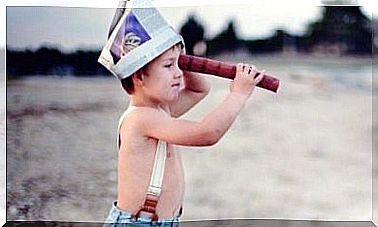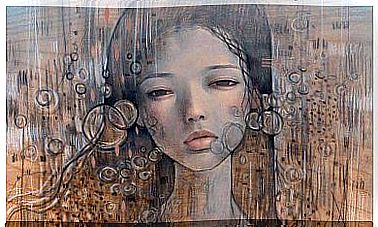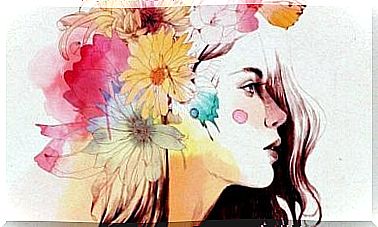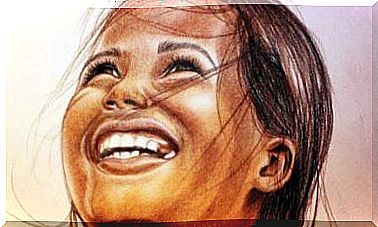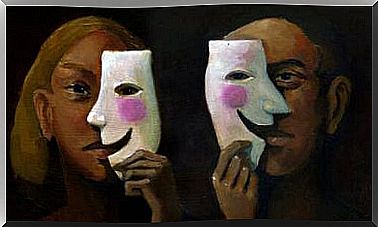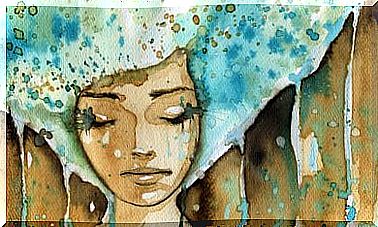How We Describe Others Says A Lot About Ourselves
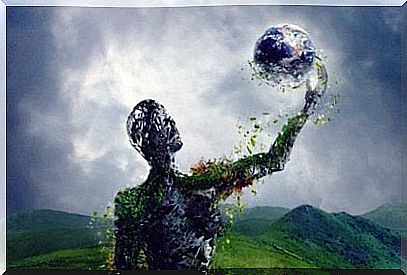
The way we describe others shows how we are put together. The way we label, judge, and value the people around us gives us a glimpse into our own personalities, those subtle but always clear brushstrokes of our own identity, and even our level of self-esteem.
This is something that undoubtedly occurs on a daily basis. Sometimes, however, we also suffer from the tendency of others to ascribe faulty qualities to us.
Let’s face it: we all have opinions about the people who cross our paths. It is somehow necessary for us. It helps us to control our environment. It also gives us some idea of what to expect.
It is therefore a perfectly normal and even obvious psychological process, a mechanism that controls the amygdala in its usual purpose of ensuring our survival.
In fact, an interesting study from the University of Psychology in New York, published in the Journal of Neuroscience , shows that this tiny brain structure determines within milliseconds whether someone is interesting to us or should be avoided.
So we could say that our brains attach great importance to first impressions. It does not matter that there are small and interesting nuances.
First impressions and our personality
In that fleeting moment when our brains determine whether we can trust someone or not, our personality also comes to the fore. It is our personality that determines whether we approach someone based on this initial assessment or simply avoid it.
It is also our personality that attributes positive or negative qualities to those who inspire trust or mistrust in us. In essence, it is your personality that articulates, mediates and determines how you interact with others.
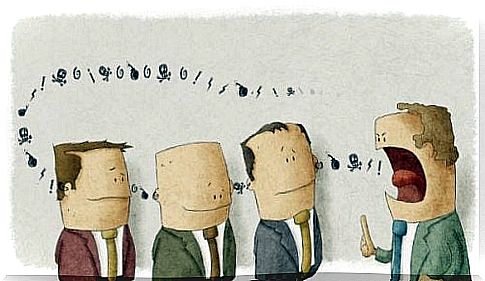
The way we describe others reveals our true self
There is a Chinese saying that sometimes we can completely crush others with just the weight of our tongue. We cannot deny the truth behind this saying.
No one can doubt that the things we say can do a lot of damage and havoc. Most of us deal with this almost every day, in almost every context: at work, at home and among friends.
Communicating with others is part of our socialization processes. During these interactions, we must be kind and correct. However, we are also infected with the habit of judging, labeling and expressing contempt.
Many people (wrongly) attribute negative qualities to others. You could even say that this is an exercise that we practice almost every day.
“You are what you say.” This is a statement from Dr. Skowronski of Wake Forest University in North Carolina. He explored different personality types and the attributions we make.
The results were clear: the way we describe others determines how we are put together. We are what we say. We are everything we derive from and project onto those around us.
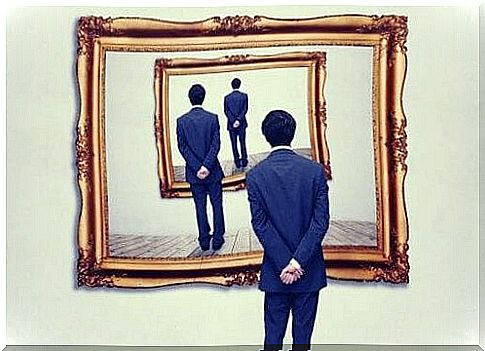
The dark lens of derogatory labels
Some people don’t want to see it. Those who always hide their short-sighted eyes behind dark glasses move through a hazy world in which it always seems best to mistrust everyone.
These people get carried away by stereotypes. They belittle, mock and criticize those who don’t think or feel like them, or who don’t look like them.
If the way we describe others secretly reveals our own personality, those who always use negative and critical labels show that they are constantly walking around with an inner void and lack of self-confidence. A personality where disqualification only leaves frustration and unhappiness.
The pink glasses of positivity
During the study at Wake Forest University, however, the researchers discovered something else interesting. The people who judged less were also better able to adapt.
Thus, positive and optimistic people who have healthy self-esteem do not get carried away by first impressions and prefer close relationships.
Only when we are able to set aside labels and first impressions that are actually based on nothing can we increase our chances of building healthy bonds and relationships with those around us. That way we can enjoy closer friendships and more respectful environments with far less prejudice.
When we describe others without being guided by mistrust and prejudice, we almost unconsciously allow ourselves to create more synergy with those around us, free from stereotypes and the urge to pigeonhole people.
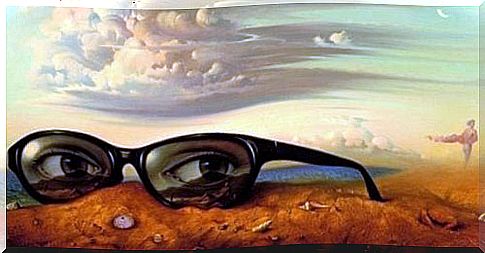
Finally, try to look at others as little as possible through dark glasses. We often put on those glasses to protect ourselves. However, it is always better to remove filters and broaden our vision as much as possible.
With an open, interested and humble look, you will always capture much more detail than with eyes accustomed to living in their own darkness.

